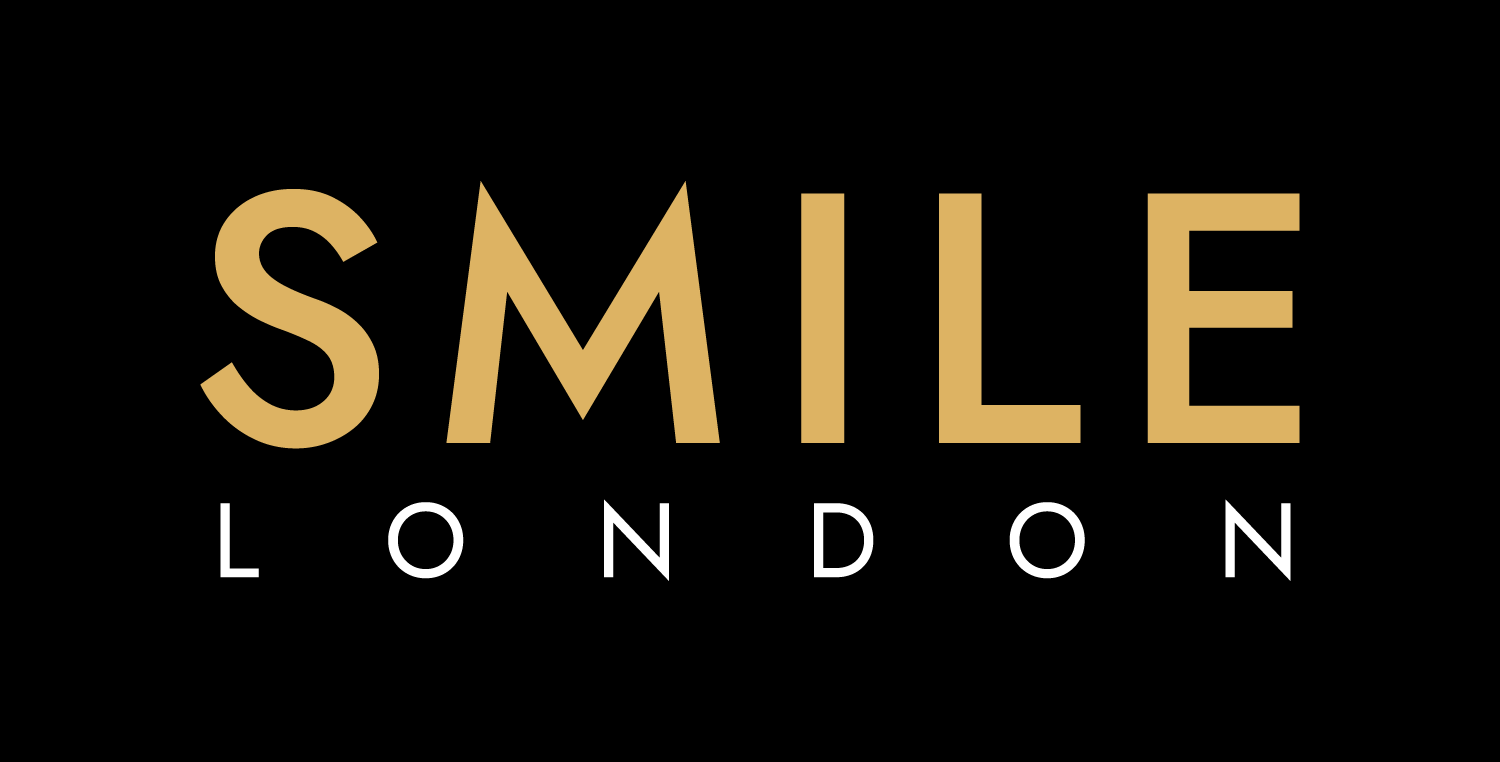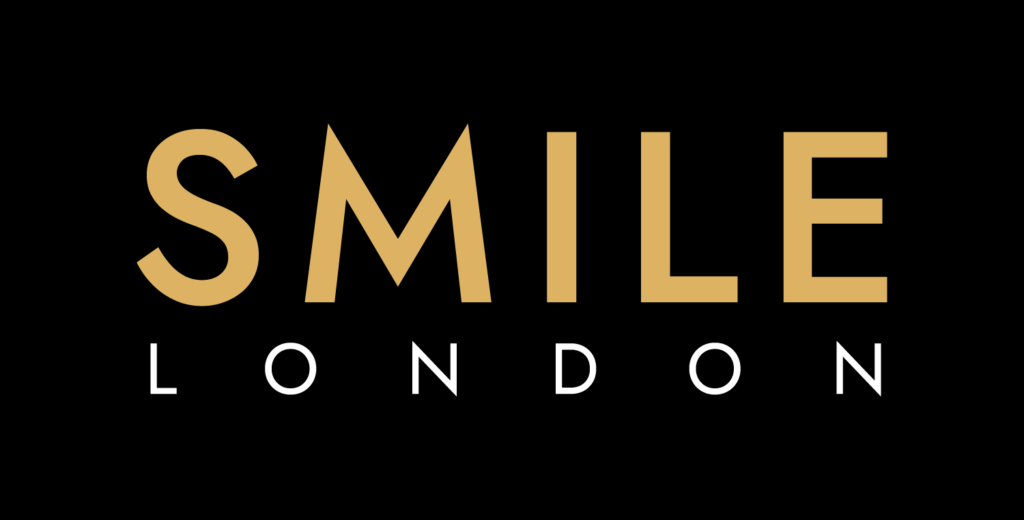What is All-on-4 dental treatment, and how does it differ from traditional dentures or dental implants?
All-on-4 is a dental treatment that involves securing a full arch of teeth using only four dental implants. It differs from traditional dentures by providing a more stable and permanent solution, and from individual dental implants by using fewer implants to support a complete set of teeth.
What dental issues or conditions does All-on-4 treatment aim to address?
All-on-4 is designed to address the challenges of extensive tooth loss or failing teeth, providing a comprehensive solution for individuals with significant dental issues, including advanced gum disease, decay, or tooth mobility.
How does the All-on-4 procedure work, and what is the step-by-step process involved?
The procedure involves strategically placing four dental implants in the jawbone to support a full arch of teeth. After implant placement, a temporary set of teeth is attached, followed by the fabrication and attachment of a final, permanent set of prosthetic teeth.
Is the All-on-4 treatment painful, and what type of anesthesia is typically used during the procedure?
The procedure is performed under local anesthesia to ensure the patient’s comfort. Sedation options may also be available for those who experience anxiety. Postoperatively, any discomfort is usually manageable with prescribed pain medication.
What are the advantages of choosing All-on-4 over other tooth replacement options?
All-on-4 offers advantages such as improved stability compared to traditional dentures, a quicker and less invasive treatment process compared to traditional dental implants, and the ability to provide a full set of fixed teeth in a single appointment.
Who is a suitable candidate for All-on-4 treatment, and are there any specific eligibility criteria?
Suitable candidates are individuals with significant tooth loss or those facing the prospect of full arch replacement. Good overall health and sufficient bone density in the jaw are typically essential criteria.
What is the expected recovery time after undergoing All-on-4 dental treatment?
Recovery time varies, but most individuals can resume normal activities within a few days. Full healing and adaptation to the new teeth may take several weeks.
How long do All-on-4 implants last, and what factors can influence their longevity?
All-on-4 implants can last for many years, often decades, with proper care. Factors influencing longevity include oral hygiene practices, lifestyle, and regular dental check-ups.
Are there any potential risks or complications associated with the All-on-4 procedure?
While complications are rare, potential risks include infection, implant failure, or minor adjustments needed during the healing process. These concerns are carefully managed through close postoperative monitoring.
What is the cost of All-on-4 dental treatment, and does it vary depending on factors like location or the materials used?
The cost can vary based on factors like geographic location, the materials used for the prosthetic teeth, and the expertise of the dental team. It’s advisable to consult with the dental provider for a personalized estimate.
Is All-on-4 covered by dental insurance, or are there financing options available for the procedure?
Dental insurance coverage varies, and All-on-4 may not be fully covered. Many dental practices offer financing options or payment plans to help make the treatment more accessible.
Can I see before-and-after pictures of patients who have undergone All-on-4 treatment at your practice?
Most dental practices provide before-and-after photos of previous All-on-4 cases, showcasing the transformative results. These images offer a visual representation of the potential outcomes.
How does the maintenance and care of All-on-4 implants differ from traditional dentures or other dental restorations?
All-on-4 implants require regular oral hygiene practices similar to natural teeth, including brushing and flossing. Regular dental check-ups are crucial for monitoring the health of the implants and prosthetic teeth.
Can All-on-4 implants be customized to match the natural appearance of my remaining teeth?
Yes, All-on-4 prosthetic teeth can be customised to match the natural appearance of your existing teeth, ensuring a seamless and aesthetically pleasing smile.
What is the success rate of All-on-4 dental treatment, and what factors contribute to its success?
All-on-4 has a high success rate, often exceeding 90%. Success is influenced by factors such as proper case selection, precise surgical technique, and adherence to postoperative care instructions.
Is there a specific age limit for undergoing All-on-4 treatment, or is it suitable for individuals of all ages?
All-on-4 treatment is suitable for individuals of various ages, as long as they meet the necessary health criteria. Age alone is not a determining factor for eligibility.
Can I eat and speak normally after getting All-on-4 implants, and are there any dietary restrictions?
Yes, individuals with All-on-4 implants can eat and speak normally. There are typically no stringent dietary restrictions, but initially, it’s recommended to stick to softer foods while the implants are healing.
What follow-up appointments or maintenance visits are required after the completion of All-on-4 treatment?
Regular follow-up appointments are essential to monitor the health of the implants and address any concerns. Maintenance visits involve professional cleanings and assessments of the prosthetic teeth.
Can All-on-4 implants be used for both upper and lower jaws, and are there any differences in the treatment process?
Yes, All-on-4 can be used for both upper and lower jaws. While the treatment process is generally similar, individual considerations may apply based on the specific needs of each jaw.
What alternative tooth replacement options should I consider, and why might All-on-4 be recommended for my case?
Alternatives may include traditional dentures, removable implant-supported dentures, or individual dental implants. All-on-4 might be recommended due to its ability to provide a fixed, full-arch solution with fewer implants and a shorter treatment timeline.


